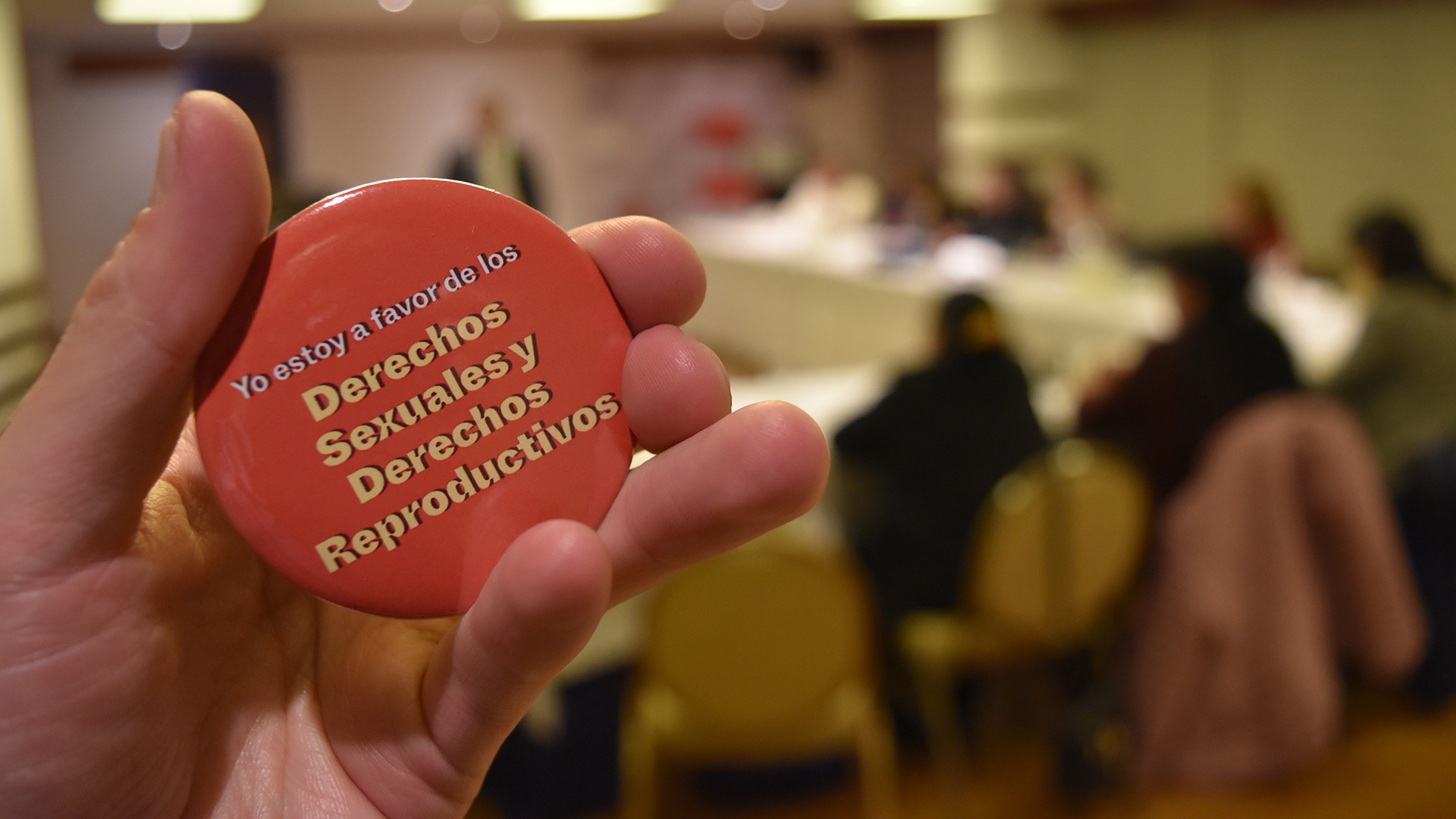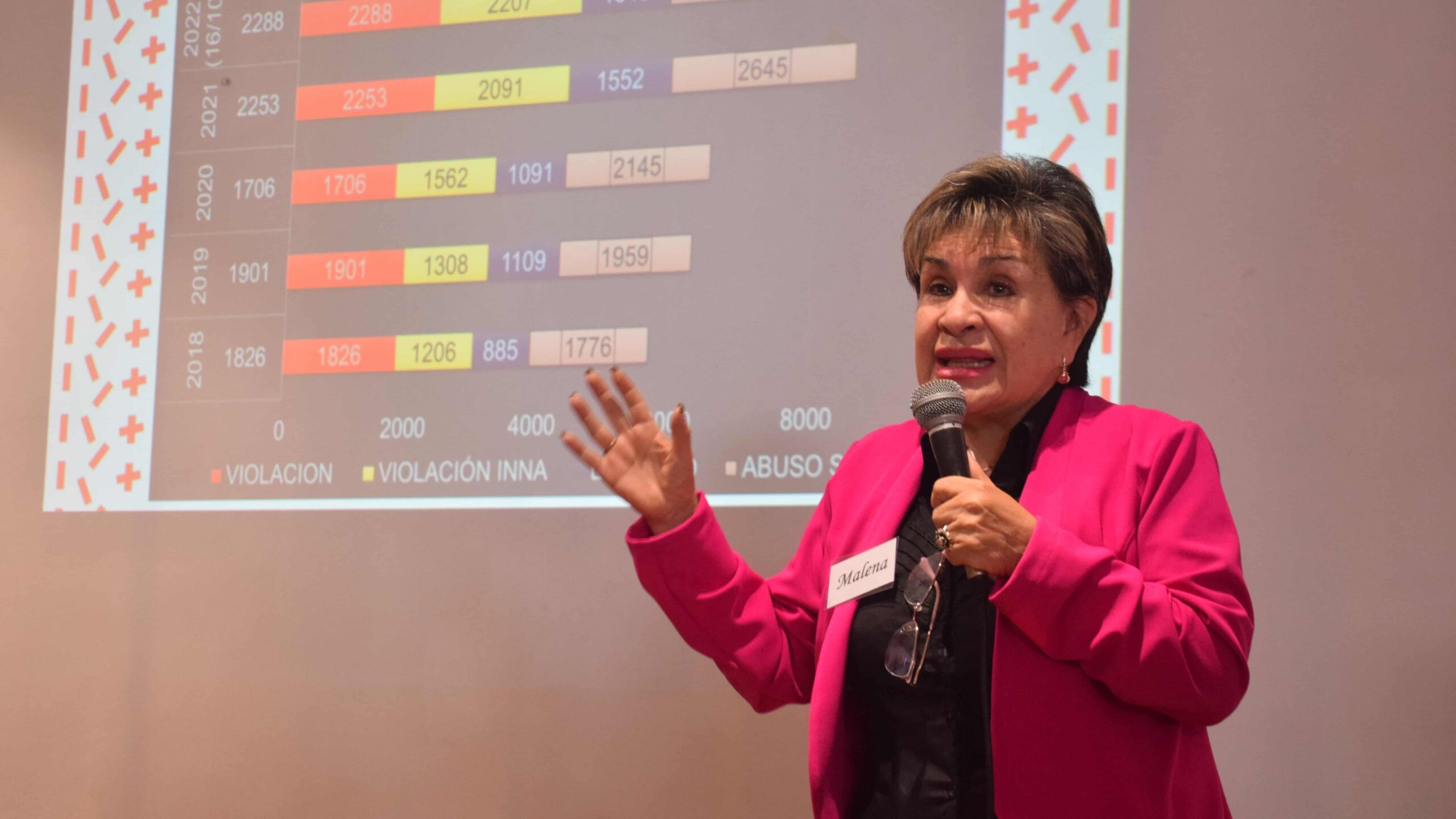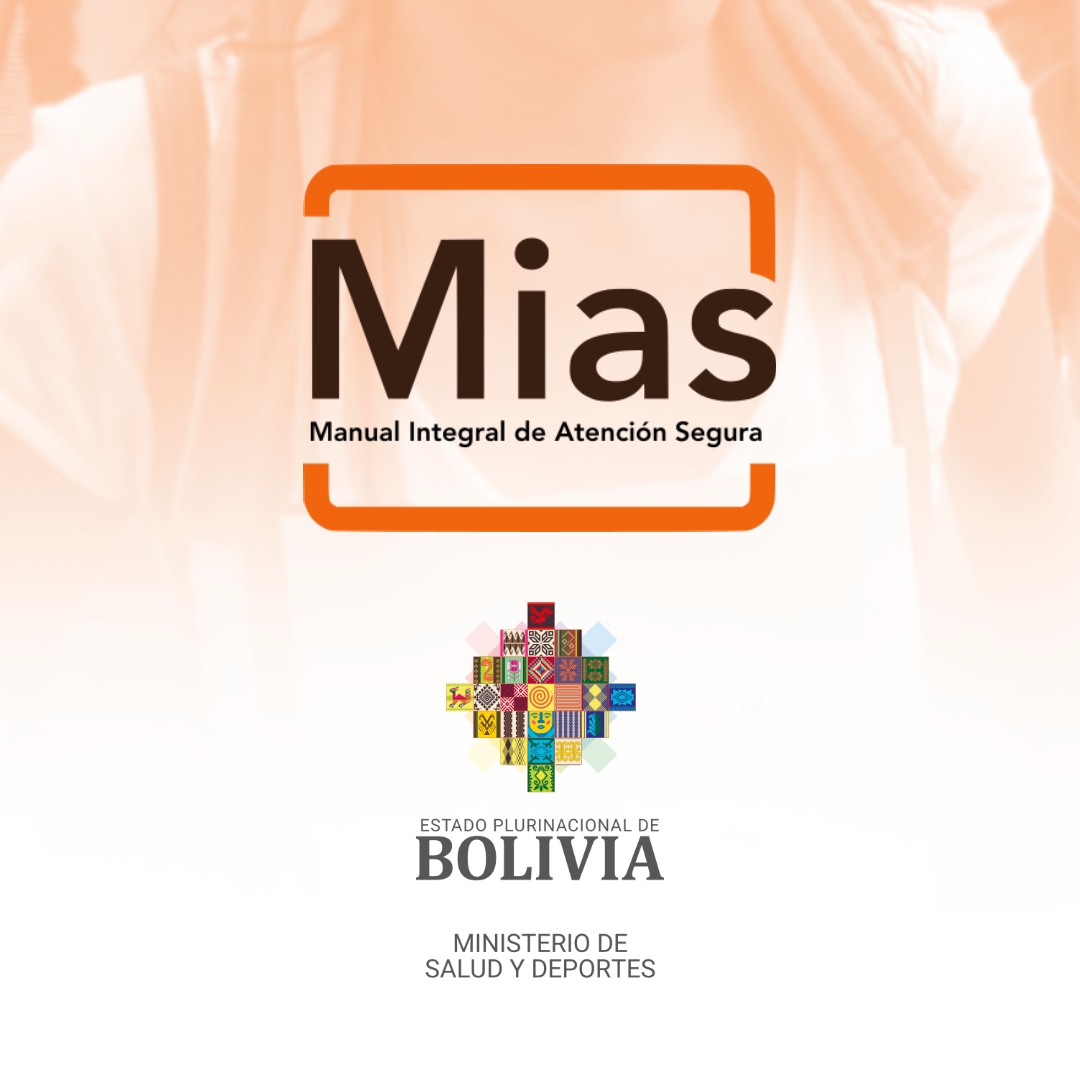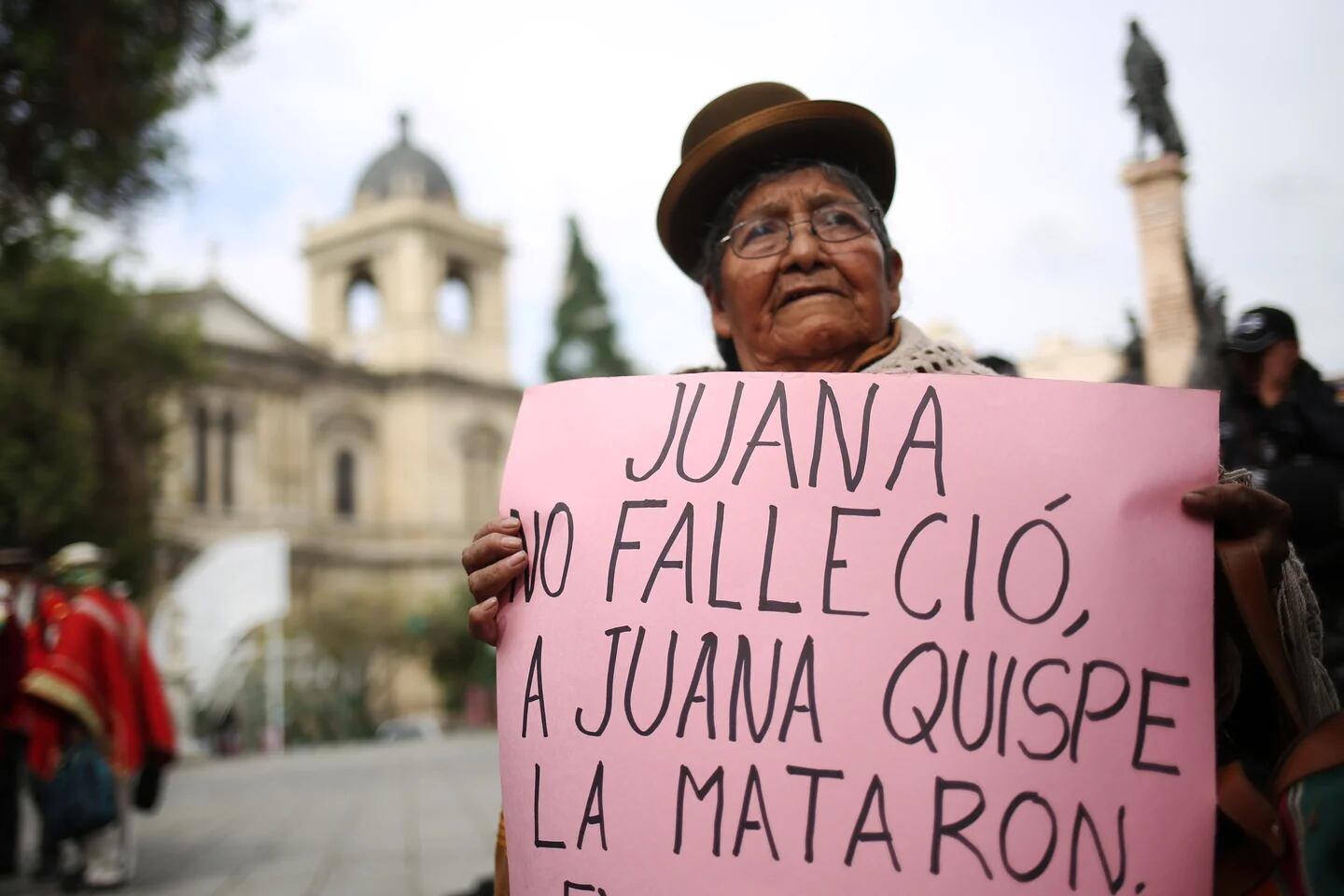Threats, aggressions, salary withholding and pressure to sign “shared agreements” are some of the situations experienced by women authorities in Bolivia, a reality that increased in 2023 with 151 cases of harassment and political violence registered.
Women, especially councilwomen and mayors, are coerced not to exercise their positions and not to supervise the work of their colleagues; many are verbally, physically and psychologically assaulted and receive constant threats and pressure to resign so that their male substitutes can take over.
“From any point of view as the Association of Councilwomen of Bolivia (Acobol) we repudiate the actions of these violent acts that are happening throughout the time of the mandate of our women authorities,” the president of the association, Josefina Velásquez, told EFE.
In 2023, Acobol counted 151 cases of harassment and political violence at the national level, 75 more cases than those registered in 2022.
Most of the cases happen in rural areas where their male colleagues “pressure” or somehow trick women councilors into signing blank documents or “shared management agreements”, in which they agree to “cede” their position to their alternates halfway through their term or even before, said Velásquez.
These “shared management agreements” “are not recognized by any law”, so it is not legal, but in some cases even these documents were even stamped by public notaries to make them appear “valid” and to make the women comply with their commitment.
Some argue that according to the “uses and customs” in rural areas they must “rotate” to be authorities, and when they denounce the situation they are pressured to keep quiet or when they begin to supervise the work of their colleagues or have leadership they begin to harass them, commented Velásquez.
When women report to the Public Prosecutor’s Office that they are not allowed to perform their duties while experiencing harassment and political violence, in some cases, the police are slow to investigate the cases or simply say that they are “not relevant”.
“We still live in a patriarchal society, a very macho society, however, there is a need to change the mentality so that future women authorities elected legally and legitimately can exercise their positions fully and freely,” said the president of Acobol.
One of the most relevant cases of political harassment and violence that occurred in 2023 was that of councilwomen Daniela Cabrera and Claudia Flores, who were elected in May to lead the Cercado Municipal Council in the central region of Cochabamba, a situation that led to a series of pressures for them to resign.
People pasted pictures of the councilwomen on the walls near their homes and blocked the entrance to the Municipal Council to prevent them from meeting and assuming their functions.
In June, the departmental assemblywoman Muriel Cruz was physically attacked by a group of people who prevented her from entering the Departmental Assembly of Santa Cruz, a situation that was also repudiated.
Last year was also marked by the historic ruling in the case of councilwoman Juana Quispe, who was murdered after receiving threats, being harassed, physically assaulted and prevented from exercising her office.
The Justice determined 30 years in prison for the former mayor of Ancoraimes, Félix Huanca, and the former councilman Pastor Cutili, in addition to 15 years for the former councilwoman Basilia Ramos, a sentence that came almost 12 years after her death.
This case led to the enactment of Law 243, which punishes acts of harassment and political violence in the country.
From 2015 to 2023 Acobol received 733 complaints of harassment and political violence and there are only four sentences in almost 12 years of the enforcement of this rule.
This year began with a case of two councilwomen from the town of Sipe Sipe, in the central region of Cochabamba, who were forced by a group of people to sign a “fixed license” to not exercise their positions, a situation that caused the activation of the prevention and attention mechanism in cases of harassment and political violence by the Government.
Likewise, the Ombudsman’s Office followed up on the case and the councilwomen assumed their functions with police protection and the Public Prosecutor’s Office opened an ex officio investigation.
Velásquez recommended that in order to make the application of this law more effective, there should be specialized prosecutors’ offices for harassment and political violence, as well as the possibility of adding “shared agreements” as a crime in order to punish this practice.















